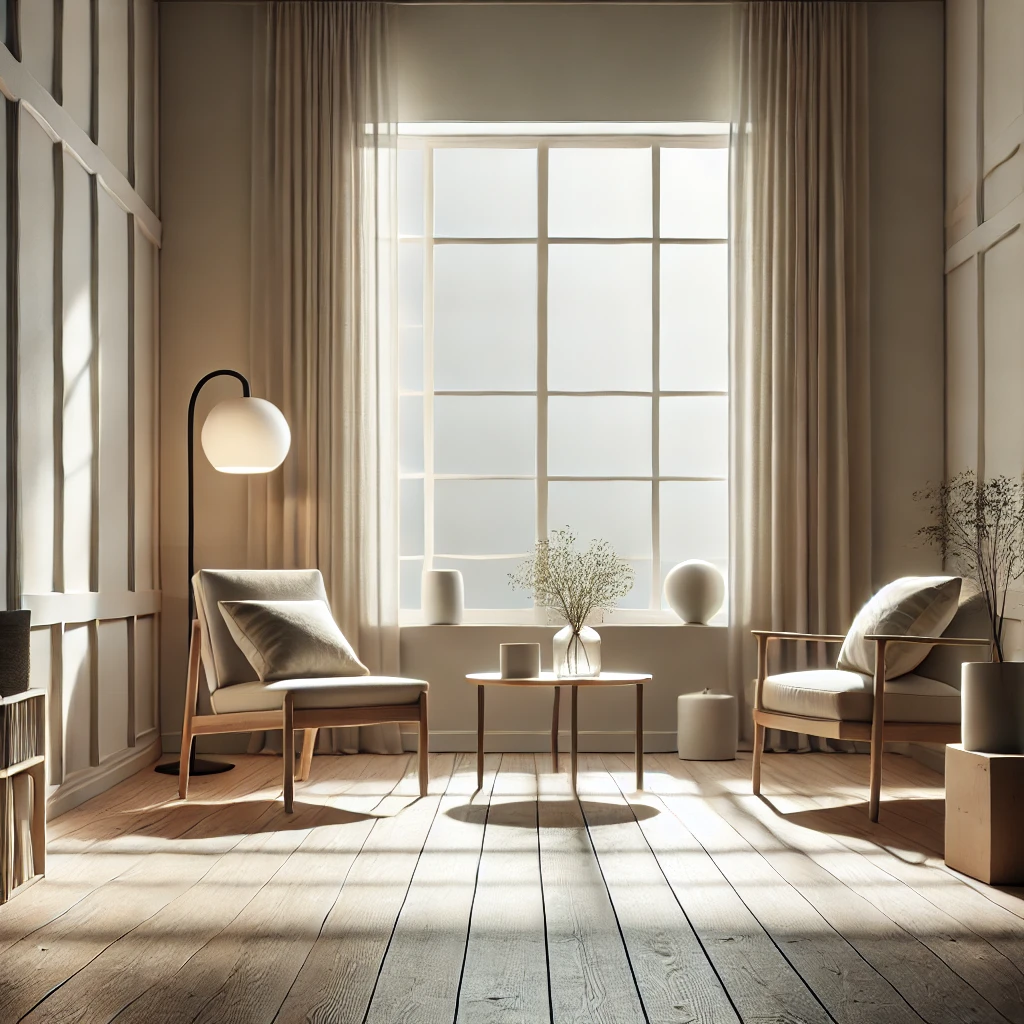Minimalism is often misunderstood as living with nothing, sleeping on the floor, and saying goodbye to every comfort you’ve ever known. But real minimalism isn’t about deprivation — it’s about intention.
It’s not about having less for the sake of it. It’s about having only what supports your life, your peace, and your priorities.
In this article, you’ll learn how to adopt a minimalist lifestyle in a way that feels freeing, not restrictive — and how to make minimalism feel abundant instead of empty.
Minimalism Is About Mindset, Not Sacrifice
You don’t need to live in a white-walled apartment with no furniture to be a minimalist. In fact, minimalism should feel customized to your life.
The minimalist mindset is about:
- Being thoughtful with what you own
- Choosing quality over quantity
- Letting go of things that cause stress
- Creating space for what brings value
Minimalism isn’t about having nothing. It’s about owning what supports your life, and releasing what weighs you down.
Identify What Truly Brings You Joy
Deprivation comes when you cut out things that actually matter to you. That’s why step one in minimalist living is identifying what you love — and keeping it.
Ask yourself:
- What items do I use or enjoy often?
- What parts of my day feel light and fulfilling?
- What do I want more of in my life?
Minimalism helps you prioritize joy — not remove it.
Give Yourself Permission to Go Slow
You don’t need to declutter your entire life in a weekend. That’s a recipe for burnout and regret.
Instead, try:
- Decluttering one drawer or one category at a time
- Setting a goal to remove 3–5 items a day
- Doing one minimalist habit each week
The slower you go, the more mindful (and lasting) the change will be.
Keep the Things That Add Value
Let go of the idea that minimalism = “no stuff.” Some things truly add value, even if they aren’t essential.
Examples:
- A cozy blanket you love
- A favorite book collection
- A quality espresso machine
- A piece of art that inspires you
The question isn’t “Do I need this?” — it’s “Does this serve me or bring me peace?”
If the answer is yes, keep it.
Redefine What “Enough” Means
Deprivation comes from constantly comparing yourself to others. Minimalism invites you to find your own version of enough.
You don’t need:
- 40 shirts
- 10 throw pillows
- 3 sets of dinnerware
- A garage full of tools you never use
But if you genuinely use and enjoy something, it can stay. Minimalism is about alignment, not limits.
Focus on What You’re Gaining, Not Losing
Instead of thinking:
“I’m giving up my clothes, my stuff, my comforts…”
Try:
“I’m gaining time, space, clarity, peace, and control.”
The focus shift changes everything. You’re not giving things up — you’re choosing better things.
Create “Comfort Zones” in Your Space
Minimalist spaces can still feel warm and inviting. To avoid feeling deprived, create intentional comfort zones:
- A reading nook with soft lighting and a favorite chair
- A minimalist bed setup with a luxurious blanket
- A clutter-free kitchen with one quality mug you love
Let each space reflect peace, not absence.
Keep Sentimental Items That Truly Matter
You don’t have to give up every card, photo, or keepsake. Keep a curated box of meaningful items and let them bring you joy — not guilt.
Minimalism isn’t about being cold or detached. It’s about editing your life gently.
Allow Yourself Flexibility
Some days you’ll crave more simplicity. Others, you’ll want a little indulgence. That’s okay.
Minimalism should flex with your life, not fight it.
You’re allowed to:
- Keep items that “spark joy”
- Buy something new intentionally
- Let go and bring back balance later
This lifestyle is not an all-or-nothing game. It’s a tool — not a rule.
Final Thoughts: Minimalism as a Form of Freedom
If minimalism feels like punishment, you’re doing it wrong. True minimalism should feel like relief.
It’s the freedom to say no to what drains you — and yes to what fills you up.
It’s about keeping what makes you feel alive — and letting go of everything else.
Choose minimalism because you deserve peace, not because you need to prove anything to anyone.
Leave a comment if you’ve ever felt overwhelmed by minimalism — or if you’re learning to simplify in a way that feels good.
📅 Updated: April 16, 2025
🔗 Read more in the next post…

